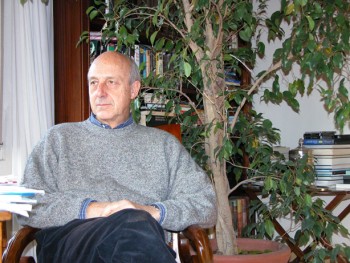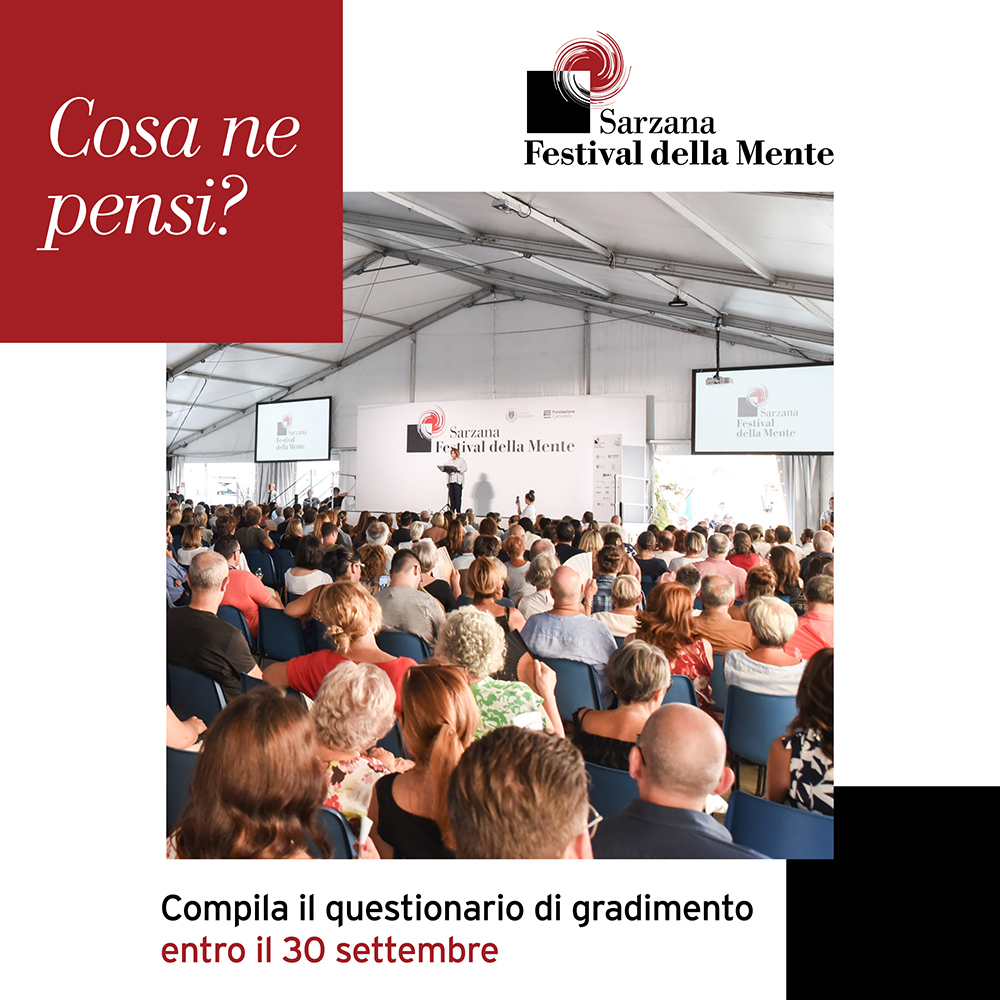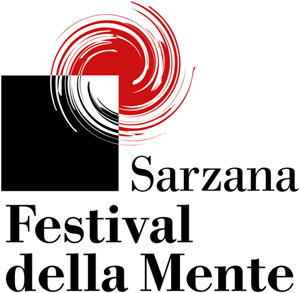2015 Programme
Event #9
Massimo Ammaniti
How the sense of Us is born: from We-go to Ego
As defined by Freud, the Ego is the barycentre of the life of the psyche; at the same time, social experience and research have proven the importance of a sense of collective self (We-go), which is shaped early on, starting from birth, through our interactions with others. Throughout our development and adolescent years, we learn to share our emotions and understand the point of view of others: that is, to enter into an intersubjective perspective. This particular social skill has allowed the human race not only to survive, but to conquer the planet and construct complex societies. It is not just a mental skill: research in neurobiology has proven it is rooted within our brains. After decades of unrestrained individualism, rediscovering a sense of collective self can help us recover our capacity for collaboration, one of humanity's great resources.
https://www.festivaldellamente.it/it/live-streaming-alessandro-barbero/a paediatric neuropsychologist, and a psychoanalist at IPA (International Psychoanalytical Association), is an honorary professor at Università La Sapienza in Rome. He has been a member of the Board of Directors of WAIMH (World Association of Infant Mental Health). He is the author of many national and international publications in the field of pregnancy, attachment theory and adolescent risk-behaviour, and has recently published the books La nascita dell’intersoggettività (with V. Gallese, Cortina Editore, 2014) and Noi. Perché due sono meglio di uno (Il Mulino, 2015).
Event #6
Alessandro Barbero
The historian's responsibility. Gaetano Salvemini: from Socialist interventionism to anti-Fascism

Event #8Approfonditamente
Marco Rossi-Doria, Giulia Tosoni
Kids and school: what, how and where are they learning

Event #13Approfonditamente
Adolfo Ceretti, Simonetta Agnello Hornby, Alfredo Verde
Gender-based violence: Perpetrators, victims and models of intervention.

Event #22
Alessandro Barbero
The historian’s responsibility. Marc Bloch: from the Sorbonne to the Gestapo prisons

Event #25Approfonditamente
Marco Belpoliti, Gianfranco Marrone, Anna Stefi
Laziness, fatigue, and our constant running

Event #26
Eugenio Borgna, Simonetta Fiori
Knowing ourselves and knowing others: a different way of being responsible

Event #35
James R. Flynn, Armando Massarenti
Without an alibi: a voyage across life’s greatest questions

Event #38
Alessandro Barbero
The historian’s responsibility. Ernst Kantorowicz: from the Freikorps to McCarthyism

Event #57Children / Kids
Sante Bandirali e Lorenza Pozzi di uovonero
Read like you’ve never read before























